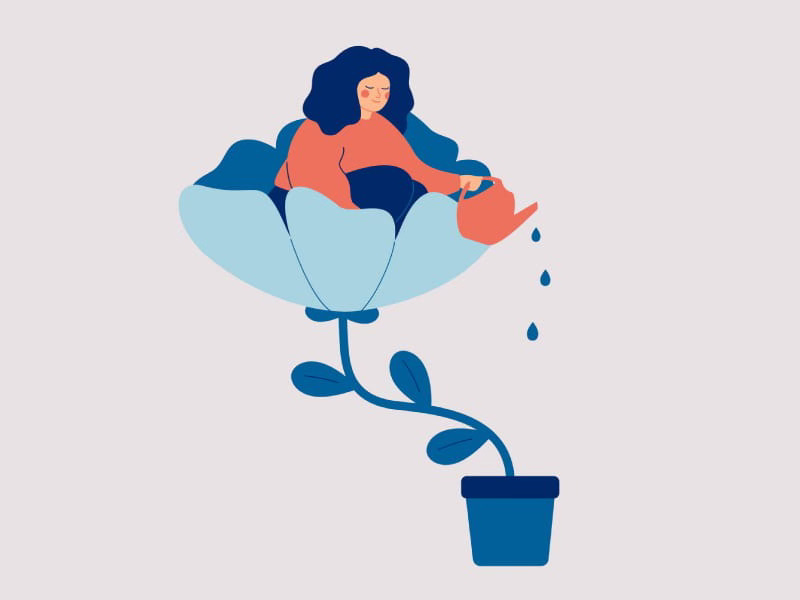I planned to write this piece last week but I was beset by a few unpleasantries:
a hacker who posed as my bank’s fraud department and phished me and almost cleaned us out (but thankfully did not)
food poisoning that made me violently ill (and lowered my defenses to the hacker/phisher for sure)
oh. right. the election.
But here goes, since I’m guessing the majority of people I know need to read calming pieces right now and I certainly don’t claim to have a solution to the problem that is the USA right now, but I can say for sure that those of us who have any bit of creativity at all have to keep their work going.
So let’s talk about rejection. Every writer gets their writing rejected. It isn’t just a right of passage. It happens all the time even after you’ve been published a lot. Then you start to question yourself and wonder if your writing has improved and whether it’s worth keeping going. Yes, of course it is. Of course you are improving, reaching more readers, impressing more publications.
Rejection of my writing feels like rejection of me personally. But it isn’t. Here’s how I know.
It happens in every class that one singular brave student invariably asks the question about rejection that every other student is thinking. I whip out Allison K. Williams’s tiny book Get Published in Literary Magazines, turn to the very end, and read aloud from pages 90 - 92:
What nobody tells you is that if you believe in yourself and dream big dreams, you will still come in second to someone who worked hard. Or to a talentless hack related to the producer. Or to your best friend whom you will have to congratulate as sincerely as possible. Or to someone better than you and there will be no reason at all.
…
What nobody tells you is that you have to be the kind of person who can hear a hundred no’s before you get to yes, and that if you are not that kind of person, selling your art may not be for you. Here, let’s practice.
No. No. No. No. No. No. No. No. No. I’ll call you back. No. No. No. No. No. No. We went with someone else. No No. No. No. No. No. No. No. No. My cousin will do it for free. No. No. No. No. No. No. No. This did not fit our needs at this time; we sincerely wish you the best of luck placing it elsewhere. No. No. No. No. No. NO. No. No. NO. No. No. No. No. No. No. No. No. No. No. No. No. No. No. No. No. No response means no. No. No. No. No. No. No. No. No. No. No. NO. Next! No. No. No. No. My boss said no. My editor said no. No. No. No. No. No. No. NO. Sorry. No.
No.
Speaking editorially, we should get to ‘yes’ here, but it’s better to experience the dissatisfaction of having our expectations unfulfilled, so we can quit before dissatisfaction crushes us. Or, so we can immunize ourselves.
…
It is not a cruel world full of no.
It is a beautiful world in which the one (or many) persons to whom your work—your particular, personal work—speaks are waiting for you. Waiting for you to grow, to revise, to polish, to publicize, to sell, to share. Waiting for you to make art they love and will pay for.
Go find them.
(Ponomariova_Maria/iStock via Getty Images)
Thank you for this gem, Allison. It always makes me feel better to read this. And when I’m ready, I look at the piece that was rejected and I can see a million ways to improve it.
Right now, when the rejection of my vote, my values, and my beliefs feels like the rejection of me as a human being and all of those human beings I love and care about, there’s nothing for me to do but to follow the same advice I follow when my writing is rejected. It’s not personal. These politicians don’t care the slightest but about me or the people I love. So I will wallow a little, sure, but then I am going to dust myself off, find my people, and go out and do it louder, stronger, and better tomorrow.





So honored to be quoted - and thanks for your wisdom, too!
Thank you for this!🖤